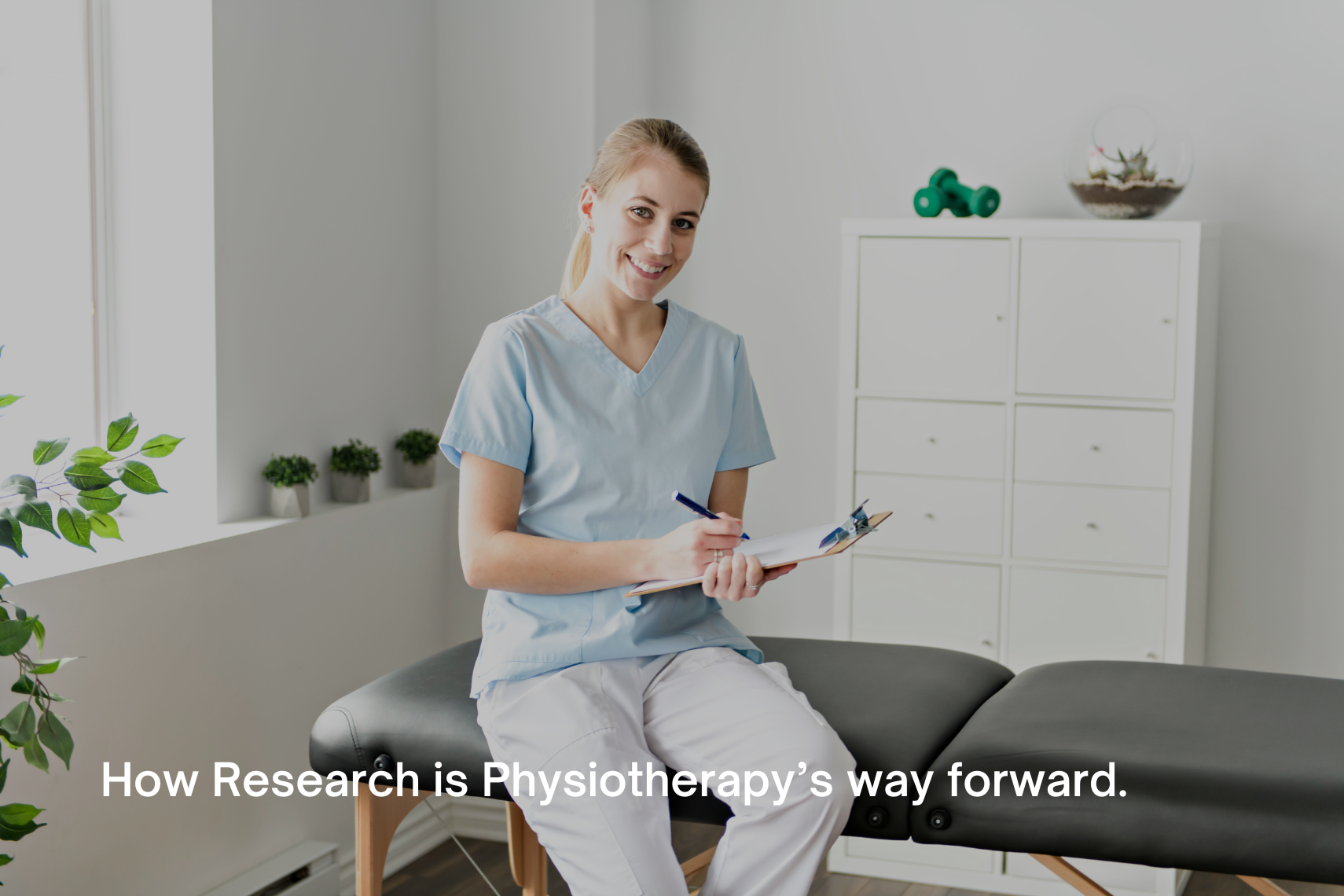
The scope of any form of development is determined by its quality of research. The same goes for physiotherapy but in this case, that same research is grossly lacking in substantive and quantity. We asked Dr. Mridul Makkar, an ex-physiotherapy associate and current research associate at Christian Medical College, Ludhiana of what she makes of the current scenario of research in physiotherapy.
- Is the lack of physiotherapists in India a factor to the lack of evidence-based research too?
While India lacks physios for sure, the problem isn’t just the number but also the quality of care those physiotherapists provide. The most efficient treatment plans are a product of incredible research and time-based investment on betterment of existing plans.
Dr. Makkar believes that the lack of knowledge about the importance of research is another key factor that puts a hold on physiotherapy research. If physios truly understand how big of a role research plays in better treatment, it’d be better for them.
- Will physiotherapy research progress drastically if physios themselves lead the questioning and answering of evidence-based practice?
Dr. Makkar opens her answer by stating that that’s the dream. Being at the forefront of all assessments and the maker of treatment plans, the power that lies on the hands of physios is immense. They have access to all the data – from demographics of patients to the effectiveness of select treatment plans, this data if utilized correctly is massive for physiotherapy research.
Dr. Makkar continues to argue that if physios have an innate sense of questioning, their curiosity will drive forward a new movement that focuses on research. However, she exposes the ground reality of most physios being not scientifically literate enough i.e., struggling to search and read research papers and/or draw inferences from it. Therefore, that must be addressed in a proper manner, preferably in the curriculum.
- Is money a key factor affecting research in India?
Dr. Makkar believes that while money is always a factor, it’s not the foremost barrier. She alludes to the lack of a research infrastructure in India as the primary reason alongside lack of motivation. In fact, she rightfully points out that most forms of research don’t require a huge capital base or monetary investment. These factors can be categorized into internal and external factors.
- So what are these internal and external factors?
Taking one factor at a time, Dr. Makkar begins with external factors. The primary external hindrance involved administrative problems like lack of resources and credible mentors. Since physiotherapy colleges are mainly focused on doing the bare minimum with respect to industry standards, the ones who suffer the most are research-oriented physios. Such administrative problems translate into poor execution of treatment and new avenues are rarely explored.
When Dr. Makkar talks about internal problems, she refers to the lack of knowledge of both the students and the professors, thereby reducing the quality of student-teacher interaction. Since research is driven by questioning and an inquisitive environment, poor mentor-mentee conversations drive down the quality and quantity of research.
- Are college qualification criterias too low for physiotherapists?
Since the notion that “failed” MBBS graduates or academically less bright students apply to study physiotherapy, the question asked was a natural one. And Dr. Makkar rightfully debunks it. She argues that the reason why physiotherapy research is lagging is not because physiotherapists who apply in those colleges are not smart enough, but rather the jump from theory to practice is a humongous one – something that needs to be bridged.
- How can AI contribute to research?
AI can lead documentation and data analysis that would otherwise be unnecessary pain for physios during research. Auto-recording assessment parameters and taking care of calculations and leaving the inferences to researchers is highly beneficial for researchers and physiotherapy, at large.
WHAT’S NEXT?
Perhaps the obvious answer would be to create an environment that focuses on research and encourages data collection and analysis in clinics and colleges alike. This can be stretched to asking the government and concerned private entities to provide the financial and structural resources to carry forward productive research.
However, what must be noted is that the burden of convincing lies with physiotherapists themselves. Should physios want more support, they’ll have to back their case with convincing preliminary data and put forward their proposals accordingly. Till then, it seems that unfortunate victims of slow progress will be Indian patients awaiting that upgraded quality of care.
